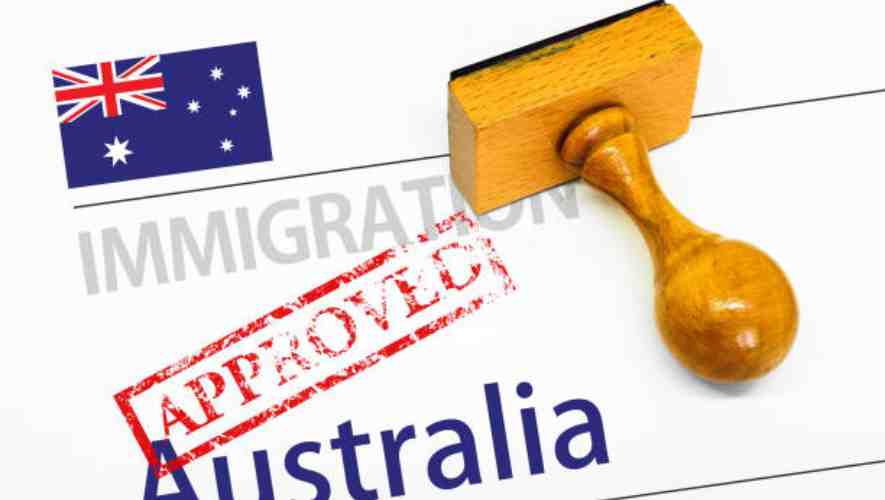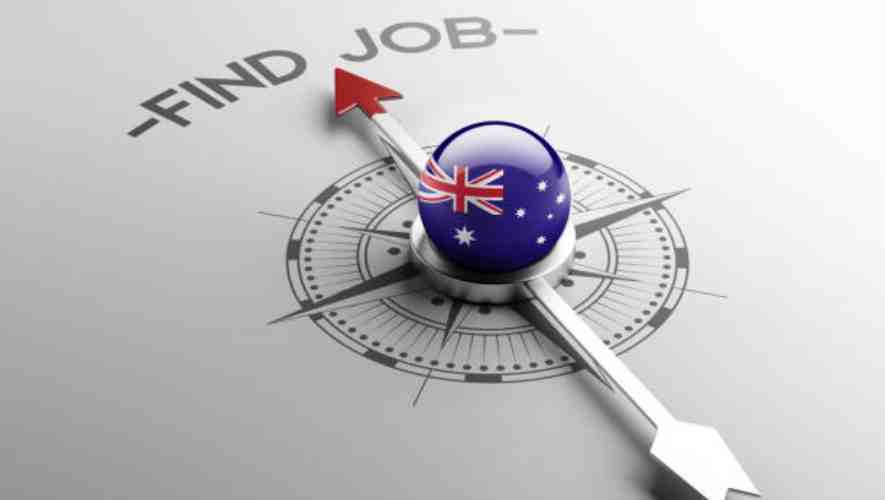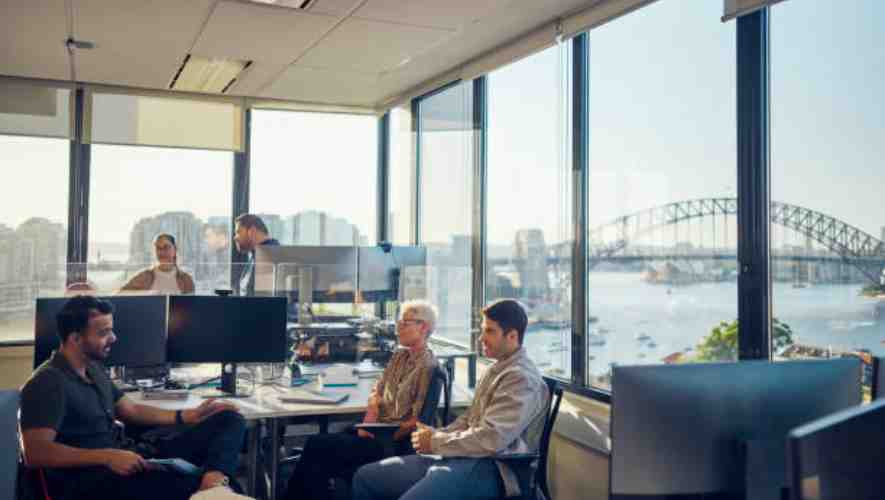Moving to a new country is always a mix of excitement and uncertainty, and relocating to Australia is no exception. Whether you’re seeking a change of scenery, pursuing new career opportunities, or embarking on an academic journey, understanding what awaits you in the Land Down Under is crucial. This guide aims to shed light on the key aspects of Australian life, helping you navigate this significant transition with ease.
What to Know When Moving to Australia? When moving to Australia, consider the cost of living, visa requirements, healthcare system, climate variations across regions, and cultural diversity. Research job opportunities, education facilities, and local laws. Embrace outdoor lifestyles and be prepared for encounters with unique wildlife.
In this blog, we’ll explore various topics ranging from finding accommodation and employment, to understanding the nuances of Australian culture. By the end of this read, you’ll have a comprehensive understanding of what to expect, making your move to Australia less daunting and more exhilarating. Let’s embark on this journey together!
Visa and Immigration Requirements When Moving to Australia

Types of Visas Available in Australia (Work, Student, Family, etc.)
Australia offers a diverse range of visa options catering to different needs, including work, student, family, and tourist visas. Work visas are designed for skilled professionals and may lead to permanent residency, depending on the subclass.
Student visas are for those seeking to pursue education in Australia’s renowned institutions. For family members of Australian residents or citizens, family visas provide a pathway for reunification.
Each visa category has specific criteria and serves a distinct purpose, aligning with Australia’s immigration policy to welcome skilled workers, students, and family members.
Process of Applying for a Visa
The process of applying for an Australian visa involves several steps. Initially, applicants must determine the most suitable visa type based on their purpose of visit and eligibility.
The next step typically involves gathering necessary documents and completing an application form, usually available online through the official Australian immigration website.
Applicants are often required to undergo health examinations and provide biometric information.
Once the application is submitted, it undergoes a thorough review process. Applicants may be asked for additional information before a decision is made.
Legal Requirements and Documentation
Understanding the legal requirements and documentation for Australian visas is crucial for a successful application. Essential documents generally include a valid passport, proof of sufficient funds, and evidence of character and health standards.
Depending on the visa type, additional documents such as employment references, educational certificates, or family relationship proofs may be required.
It’s important to comply with Australia’s legal requirements, like not having a substantial criminal record, to avoid application rejection. Regular updates to visa laws necessitate staying informed about current regulations.
Cost of Living When Moving to Australia

Moving to Australia presents an exciting adventure, but it’s essential to understand the cost of living before making the leap. Australia, known for its high quality of life, also comes with a price tag to match.
The overall cost of living can vary significantly depending on the location and lifestyle choices. From housing to daily expenses, understanding these costs is crucial for a smooth transition to Australian life.
Comparison of Living Costs in Different Cities
The cost of living in Australia varies greatly between cities. Sydney and Melbourne, Australia’s largest cities, are often ranked among the most expensive in the world.
In contrast, cities like Adelaide and Hobart offer a more affordable lifestyle while still providing many urban amenities.
Factors such as rental prices, transportation costs, and the price of groceries differ significantly across these cities.
Therefore, it’s important for potential movers to research and compare these costs to find a city that aligns with their financial expectations and lifestyle preferences.
Average Costs for Housing, Food, Transportation, Healthcare, and Education
Housing is typically the most significant expense for those moving to Australia, with prices varying widely between city centres and suburban areas.
Food expenses can also vary, but Australia’s abundant local produce tends to make grocery shopping reasonably affordable.
Transportation costs depend on the city’s public transport system and the necessity of owning a car.Healthcare in Australia is of high quality and is supported by the public healthcare system, Medicare, although private health insurance can add to expenses.
Education costs range from free public schooling to high-cost private and international schools.
Budgeting Tips for Newcomers
For newcomers to Australia, effective budgeting is key to managing living costs. It’s advisable to start by prioritising expenses, with housing and food being the most crucial. Utilising public transportation can significantly reduce expenses compared to owning a car.
Embracing local markets for fresh, affordable produce can also help in keeping food costs down. Additionally, understanding and making use of the public healthcare system can alleviate healthcare expenses.
For those with children, considering the public school system can offer substantial savings over private education.Lastly, keeping an emergency fund and continuously monitoring and adjusting the budget as you settle in can help in successfully navigating the financial aspects of living in Australia.
Employment Opportunities When Moving to Australia

Moving to Australia presents a dynamic and diverse range of employment opportunities. The job market is known for its robustness, particularly in sectors such as healthcare, technology, and construction.
The Australian economy’s steady growth, coupled with its demand for skilled workers, makes it an attractive destination for professionals and tradespeople alike.
Moreover, the country’s commitment to work-life balance and high standard of living adds to its allure as a workplace destination.
Overview of the Job Market in Australia
Australia’s job market is characterised by its resilience and diversity. It has successfully weathered global economic fluctuations, maintaining low unemployment rates and offering competitive salaries.
Key industries like mining, agriculture, and services contribute significantly to the economy. The country also shows a growing trend in the technology sector, positioning itself as a hub for innovation.
This diverse economic landscape provides a wide range of job opportunities for newcomers, from skilled trades to professional roles.
Sectors with High Demand for Workers
Several sectors in Australia consistently show high demand for workers. The healthcare industry, driven by an ageing population, is in constant need of medical professionals, including doctors, nurses, and allied health workers.
Similarly, the technology sector is booming, with demand for IT professionals, software developers, and cybersecurity experts. Additionally, the construction industry continues to thrive, offering numerous opportunities for engineers, architects, and tradespeople.
These high-demand sectors offer promising career prospects for those looking to move to Australia.
Tips for Job Searching and Networking
Effective job searching and networking are crucial for securing employment in Australia. Start by tailoring your resume to Australian standards, highlighting relevant skills and experiences.
Utilise online job portals and Australian recruitment agencies to identify opportunities.
Networking plays a key role, so engage with professional groups, attend industry events, and leverage social media platforms like LinkedIn.
Understanding Australian workplace culture and clear communication of your value proposition will enhance your chances of success in the Australian job market.
Legal and Government Services When Moving to Australia

Navigating the Legal System
When relocating to Australia, understanding and navigating the legal system is crucial for a seamless transition. The Australian legal system, based on the British legal framework, encompasses various laws including immigration, employment, and property.
Newcomers must familiarise themselves with the legal requirements for visas, work permits, and residency. Seeking advice from a legal professional can be invaluable, especially to comprehend complex legal jargon and procedures.
This proactive approach ensures compliance with Australian laws and reduces the likelihood of legal complications.
Accessing Government Services and Assistance
Access to government services and assistance is a vital aspect of settling in Australia. The Australian government provides a range of services, including healthcare, education, and social security, which are essential for a comfortable living experience.
New arrivals should promptly register with the necessary government bodies, such as Medicare for health services and Centrelink for social welfare programs.
Understanding the eligibility criteria and application processes for these services is important, as it ensures timely and efficient access to the benefits and support available to residents and citizens.
Importance of Complying with Local Laws and Regulations
Compliance with local laws and regulations is paramount when moving to Australia. Australian laws might differ significantly from those in other countries, particularly in areas like environmental protection, public behaviour, and road rules.
Non-compliance can lead to legal issues, penalties, or even deportation in severe cases. Therefore, it is essential to educate oneself about local laws and regulations.
This not only includes national laws but also state and local government laws, as there can be variations across different regions. Understanding and adhering to these laws ensures a trouble-free and respectful living experience in the Australian community.
Conclusion
Living in Australia can be an enriching and life-changing experience. With its strong economy, high quality of life, and diverse environment, it offers opportunities for personal and professional growth. However, adapting to a new culture and lifestyle requires patience and openness.
Embracing life in Australia means immersing yourself in its culture, understanding the local norms, and being prepared for its challenges. From the sun-kissed beaches to the bustling cities, Australia has something for everyone. Remember, moving to a new country is not just about a physical journey, but a journey of personal growth. Take this opportunity to explore, learn, and grow. Australia is not just a destination; it’s a new chapter in your life. Welcome to your Australian adventure!
Frequently Asked Question(What to Know When Moving to Australia)
What do I need to know before relocating to Australia?
Before relocating to Australia, it’s important to understand visa requirements, the cost of living, healthcare system, job market, and climate variations across regions. Familiarizing yourself with Australian culture, laws, and language nuances will also facilitate a smoother transition.
How much money do I need when moving to Australia?
The amount of money needed to move to Australia varies widely based on lifestyle, location, and individual needs. However, it’s advisable to have between AUD 5,000 to AUD 10,000 for initial expenses including visa costs, flights, accommodation, and living expenses for the first few weeks.
What do I need to do if I want to move to Australia?
To move to Australia, you should determine your visa eligibility, which depends on factors like your occupation, skills, and the reason for moving. You’ll need to apply for the appropriate visa, gather necessary documents, and may also consider job and housing arrangements before relocating.
Is it a good idea to move to Australia?
Moving to Australia can be a good idea if you’re seeking a high quality of life, diverse culture, strong job opportunities, and beautiful natural landscapes. However, it’s important to consider the cost of living, visa requirements, and adapting to a new environment.


